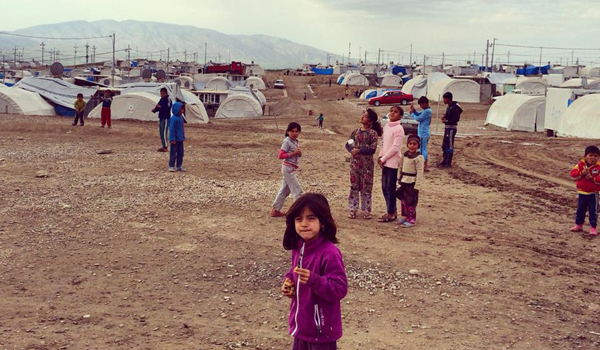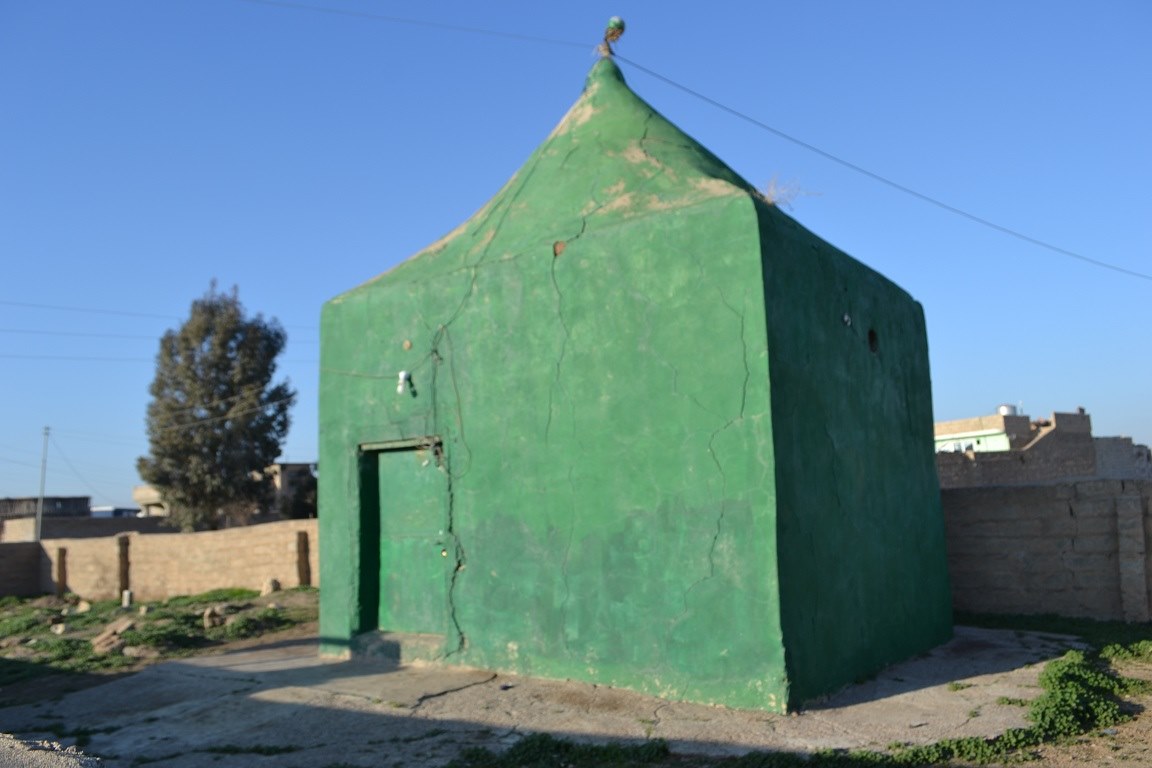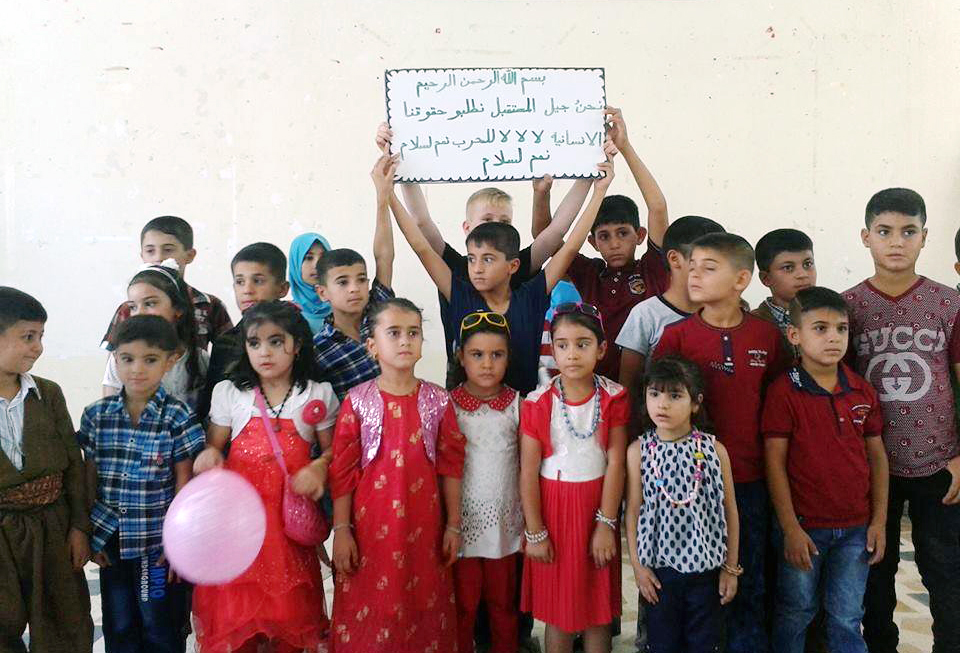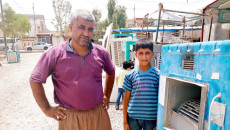Six years have passed and Ammar Fazil is still searching for his two missing brothers, not knowing whether they are dead or alive.
Ammar's two brothers, along with 26 other individuals of the Shabak community, were kidnapped by ISIS mid-2014.
"After being kidnapped, some of them were transferred to Syria, especially to the city of Raqqa. This is all we have heard about them. Other than that, we do not know if they were martyred or are still alive," Ammar told KirkukNow.
We are falling into despair; we’ve been searching for a long time without results
"Only praying to God is left to us. We are falling into despair; we’ve been searching for a long time without results."
Like other minorities in Nineveh Province, the Shabak were subjected to atrocities and displacement at the hands of ISIS from mid-2014 to the end of 2017.
Ammar, whose family lived in the village of Omar-Kani in the Nineveh Plain during the ISIS attack, told KirkukNow: “26 people from the village’s residents, including my two brothers, were kidnapped. All of the kidnapped are relatives of one another. The fate of all of them is still unknown, for six years now. We’ve sought help from many entities, from the UN to the International Red Cross, without finding any leads.”
More than 233 men, women and children from the Shabak community have been kidnapped by ISIS.
Qusay Abbas, a Shabak member of the Iraqi Parliament, told KirkukNow: “There are organizations and entities that help the Ezidis to get back their kidnapped relatives, but that hasn’t been done for the Shabak and others, and the issue has been ignored.”
According to Abbas, 90% of the kidnapped are men and the rest are women and children.

Duhok, 2016 – a camp sheltering members of the Shabak community in Bardarash
Nashwan Hamid, whose cousin is among the missing, said: “We filled out forms at the [Nineveh] provincial council in 2018 requesting them to search for our missing relatives, but nothing was done. Since then we haven't even received a phone call from them.”
Nashwan’s cousin, Riyaz Fathi Hameed, was kidnapped by ISIS in Mosul in July 2014.
Most of the kidnapped Shabaks come from Mosul City and the villages Omar-Kani, Bajarbugh and Shamsyad.
Ghazwan al-Daoudi, former member of the now-defunct Nineveh Provincial Council, told KirkukNow: “ISIS killed more than 2000 civilians from all components in Mosul [Province], that’s why I don’t think any of the kidnapped Shabak are alive. Probably most of them were thrown in al-Khasfa pit. And according to law, anyone gone missing for more than four years, is counted as deceased.”
al-Khasfa is a deep crater located in the desert south of the city of Mosul. ISIS turned it into a “death pit” after they seized control of Mosul in June 2014, and turned it into a mass grave, dumping in it the bodies of their victims.

centuries-old Pir-Dawood Shrine of the Shabak in the Nineveh Plain that was destroyed by ISIS – Photo by Ihsan Ali
telling the families of their missing loved ones are all killed is a very harsh and unpleasant thing to do
"True, telling the families of their missing loved ones are all killed is a very harsh and unpleasant thing to do, but there is nothing else left to do, all that remains for them is to demand compensation through the courts, although no one in Nineveh has been compensated yet."
The Shabaks in Iraq are estimated be about 300,000 or 350,000 people. 60% of them follow the Shi’a sect, while the rest are Sunnis. The community is scattered in the regions of Bashiqa, Bartella, Hamdaniya, Tilkef, a number of neighbourhoods of Mosul and some villages of the Nineveh Plain.
Ammar Fazil has heard a lot of rumours about the abducted Shabaks since their kidnapping, but regardless of what is said, Ammar hasn’t given up hope and is not ready to give up on the search for his two brothers. “Although our pain is two-fold: the pain of losing our loved ones, and the pain due to the fact that no one is helping us.”






